PCB Combination Courses and Jobs You Can Do After Graduation
The PCB combination refers to the study of Physics, Chemistry, and Mathematics subjects at the secondary school level. This combination is commonly chosen by students who have a keen interest in the sciences and wish to pursue further studies or careers in fields such as engineering, medicine, and research. By studying PCB, students develop analytical, problem-solving, and critical thinking skills, which are essential for success in scientific disciplines.
PCB stands for Physics-Chemistry and Biology; Science combination that allows a student to acquire knowledge that is necessary to perfome careers in a large number of fields. It is a master combination in health carrier. For eligibility and admission requirement refer to TCU Guidebook.
In This article we explore programmes/courses that a graduate of PCB can take in any field.
A. Health and Allied Science Programmes
1. Bachelor of science in optometry
2. Bachelor of science in medical imaging and radiotherapy
3. Bachelor of science in clinical nutrition and dietetics
4. Bachelor of science in food,nutrition and dietetics
5. Doctor of medicine
6. Doctor of dental surgery
7. Bachelor of medical laboratory sciences
8. Bachelor of science in radio therapy technology
9. Bachelor of science in prosthetics and orthotics
10. Bachelor of science in nursing
11. Bachelor of science in environmental sciences
12. Bachelor of science in physiotherapy
13. Bachelor of science in Applied Biology
14. Bachelor of science in Biotechnology and Bio informatics
15. Bachelor of science in Health Laboratory
16. Bachelor degree in food science and technology
17. Bachelor of science in Animal Science
18. Bachelor of science in Biotechnology and Laboratory Sciences
19. Bachelor of science in microbiology
20. Bachelor of science in molecular biology and biotechnology
21. Bachelor of science in applied zoology
22. Bachelor of science in botanical sciences
20. Bachelor of science in human nutrition
21. Bachelor of Medicine and Bachelor of Surgery
22. Bachelor of pharmacy
23. Bachelor of Science in Audiology and Speech Language
24. Bachelor of Science in Occupational Therapy
PCB Combination Courses and Jobs You Can Do After Graduation

B. Science and Technology Courses
Bachelor of Science in Agricultural and
Natural Resources Economics and Business
Bachelor of science in Natural Resources Conservation
Bachelor of science in Chemistry
Bachelor of science in Business Information and Communication Technology
Bachelor of science in Production and Operations Management
Bachelor of science in Environmental Studies
Bachelor of science in General
Bachelor of science in Energy Resources
Bachelor of science in Data Management
Bachelor of science in Agriculture General
Bachelor of science in Agricultural Economics and Agribusiness
Bachelor of science in Agronomy
Bachelor of science in Forestry
Bachelor of science in Horticulture
Bachelor of science in Range Management
Bachelor of science in Information Technology
Bachelor of science in Environmental Science and Management
Bachelor of science in Housing and Infrastructure Planning
Bachelor of science in Land Management and valuation
Bachelor of science in Regional Development Planning
Bachelor of science in Real Estate, Finance and Investment
Bachelor of science in Urban and Regional Planning
Bachelor of science in Information Systems Management
Bachelor of science in Accounting and Finance
Bachelor of science in Geographical Information Systems and Remote Sense
C. Business and Economics Courses
Bachelor of Accounting and Finance in Public Sector
Bachelor of Accounting and Finance in Business Sector
Bachelor of Business Administration in Innovation and Entrepreneurship Management
Bachelor of Procurement and Supply Chain Management
Bachelor of Business Administration in Marketing Management
Bachelor of Science in Economics-Population and Development.
Bachelor of Science in Economics-Project Planning and Management
Bachelor of Science in Economics – Economic Policy and Planning
Bachelor of Science in Information and Communication Technology with Business
Bachelor of Accounting and Finance in Business Sector
Bachelor Degree in Accounting
Bachelor Degree in Procurement and Logistics Management
Bachelor Degree in Marketing and Public Relations
Bachelor of Commerce in Accounting
Bachelor of commerce in finance
Bachelor of Commerce in Human Resource Management
Bachelor of Commerce in Marketing
Bachelor of Commerce in Tourism Management
Bachelor of Commerce in Entrepreneurship
Bachelor of Commerce in International Business
Bachelor of Commerce in Banking and Financial Services
Bachelor of accountancy
Bachelor of economics and taxation
Bachelor of insurance and risk management
Bachelor of credit management
Bachelor of business administration in accounting and finance
Bachelor of procurement and logistics management
Bachelor of Agriculture Investment and Banking
Bachelor of Economics and Finance
Bachelor degree in Accounting and Taxation
Bachelor degree in Accounting and Finance
Bachelor degree in Economics Of development
Bachelor degree in Official Statistic
D. Education in General Courses
Bachelor degree in business studies with education
Bachelor of education in science
Bachelor of commerce with education
Bachelor of education in Mathematics
Bachelor of science with education
Bachelor of science with education(Agricultural sciences and Biology)
Bachelor of education in sciences
Bachelor of education science with IC
Bachelor of science in Quantity Surveying and Construction Economics
Bachelor of science in Environmental Laboratory Science and Technology
Bachelor of science in Computer Systems and Networks
Bachelor of science in Insurance and Risk Management
Bachelor of science in Computer Science
Bachelor of science in Economics and Finance
Bachelor of science in Applied Geology
Bachelor of science in Instructional Design and Information Technology
Bachelor of science in Multimedia Technology and Animation
Bachelor of science in Aquaculture and Aquatic Sciences
Bachelor of science in Counseling Psychology
Bachelor of science in wood Technology and value addition
Bachelor of science in bee resources management
Bachelor of science in procurement and supply chain management
Bachelor of science in family and consumer studies
Bachelor of science in wildlife management
Bachelor of science in aquatic sciences and fisheries
Bachelor of science in bee keeping science and technology
Bachelor degree in marine sciences
Bachelor degree in crop science and technology
Bachelor of science in physics and chemistry
Bachelor of science in applied microbiology and chemistry
Bachelor of science in Physics
Bachelor of science in Biology
Bachelor of science in wildlife science and conservation.
Bachelor of Crop Production and Management
E. Engineering And Related Field Courses
1. Bachelor of science in environmental engineering
2. Bachelor of science in landscape architecture
3. Bachelor degree in maritime transport and nautical science
4. Bachelor of computer science in software engineering
5. Bachelor of science in petroleum chemistry
6. Bachelor of science in interior design
7. Bachelor of library studies and information sciences
8. Bachelor of science in industrial engineering management
F. Arts Courses
1. Bachelor of arts in Disaster risk management
2. Bachelor of arts in Economics and Applied Statistics
3. Bachelor of arts in Anthropology
4. Bachelor of arts in Environmental Economies and Policy
5. Bachelor of arts in Project Planning, Management and Community Development
6. Bachelor of arts in Cooperative Management and Accounting
7. Bachelor of arts in Procurement and Supply Management
8. Bachelor of arts in economics and sociology
PCB Jobs and Opportunities After Graduation
Graduates with a background in PCB have a wide range of career opportunities available to them in Tanzania. Some of the jobs and opportunities include:
1. Research Scientist: Conducting scientific research and experiments in fields such as physics, chemistry, and mathematics.
2. Engineer: Designing and developing systems, structures, and devices in various engineering disciplines.
3. Medical Doctor: Providing medical care and treatment to patients in hospitals, clinics, and other healthcare settings.
4. Pharmacist: Dispensing medications and providing pharmaceutical care to patients.
5. Computer Programmer: Writing, testing, and debugging computer programs and software applications.
6. Environmental Scientist: Studying the impact of human activities on the environment and developing solutions to environmental problems.
7. Actuary: Analyzing financial risks and uncertainties for insurance companies, banks, and other financial institutions.
8. Geologist: Studying Earth’s materials, structures, and processes to locate and extract mineral resources.
9. Civil Engineer: Designing and overseeing the construction of infrastructure projects such as buildings, bridges, and roads.
10. Industrial Chemist: Developing and testing chemical products and processes in manufacturing industries.
11. Biochemist: Studying the chemical processes and substances in living organisms, with applications in healthcare, agriculture, and biotechnology.
12. Materials Engineer: Designing and testing materials for specific applications in industries such as aerospace, automotive, and electronics.
13. Agricultural Engineer: Designing and improving agricultural machinery, equipment, and systems to increase productivity and efficiency.
14. Telecommunications Engineer: Designing, installing, and maintaining telecommunications systems and networks.
15. Renewable Energy Specialist: Developing and implementing sustainable energy solutions using renewable energy sources.

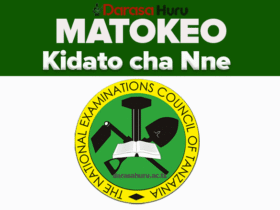
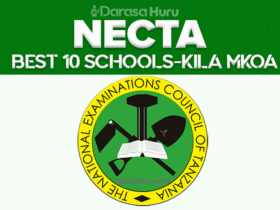
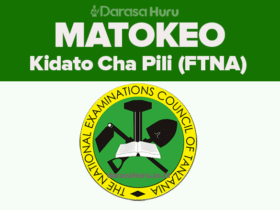

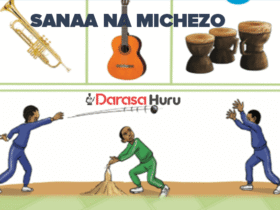
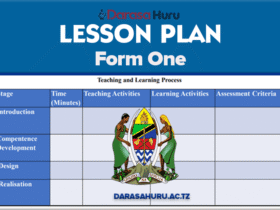

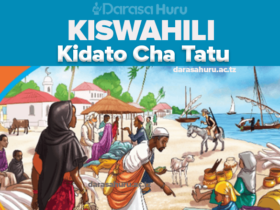

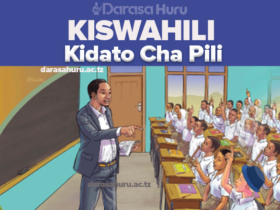
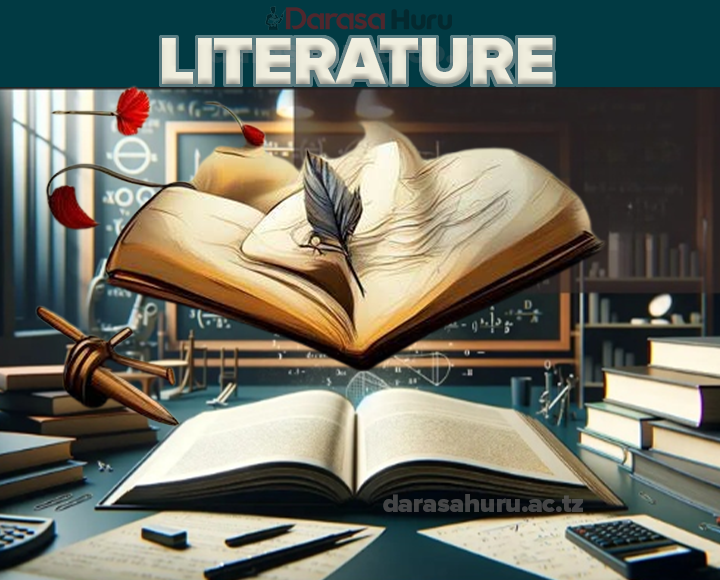
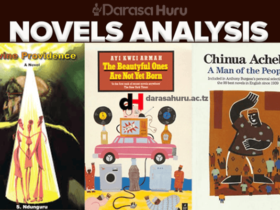
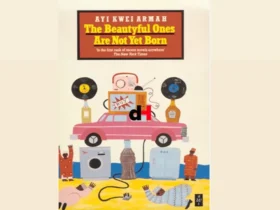
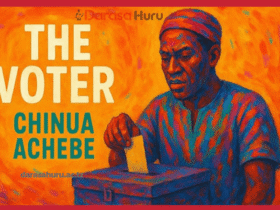

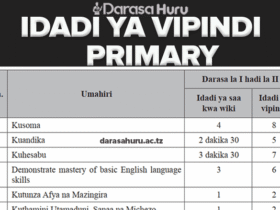
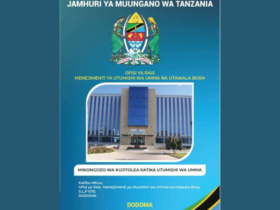
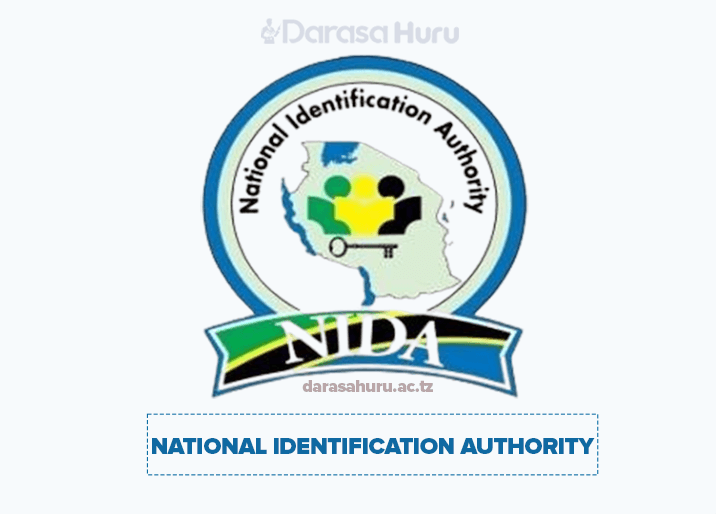




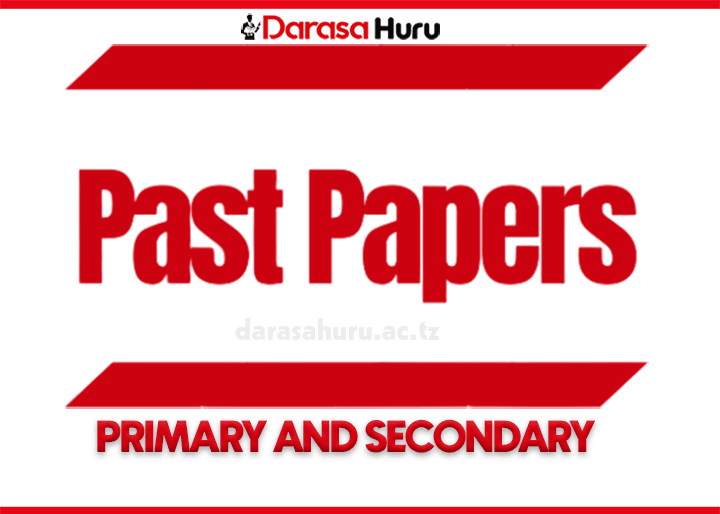
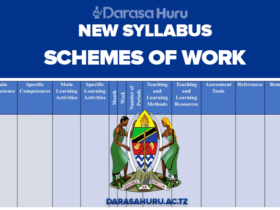

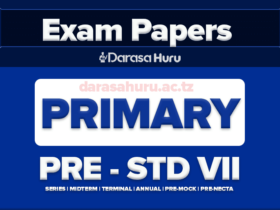








Leave a Reply